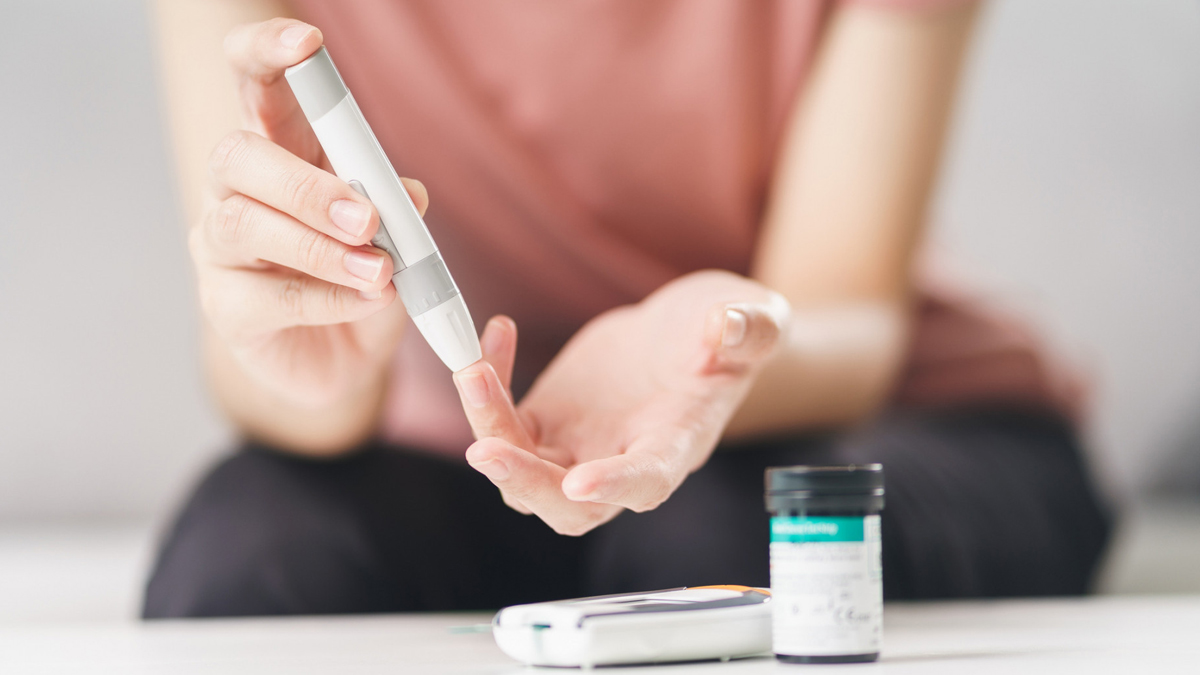-1732869892810.webp)
The World Health Organization (WHO) has launched a landmark initiative, the Colombo Call to Action, to address the escalating diabetes crisis in the South-East Asia region. This strategic effort aims to strengthen healthcare frameworks, promote early detection, and improve access to essential treatments and education, reflecting a comprehensive approach to combating this growing health challenge.
Table of Content:-
Tackling Diabetes in South-East Asia
Diabetes has become a significant public health issue in South-East Asia, claiming over 482,000 lives annually. The complications of the disease—ranging from kidney failure and blindness to cardiovascular conditions—impose enormous personal and economic burdens. These figures underline the urgency of addressing the root causes and barriers to effective diabetes care.
The Colombo Call to Action was officially unveiled during the Regional Commemoration of World Diabetes Day 2024, which carried the theme, Breaking Barriers, Bridging Gaps. WHO’s South-East Asia Regional Director, Saima Wazed, emphasised the pressing need for accessible, affordable, and equitable diabetes care. She highlighted that overcoming service gaps is a crucial step toward saving lives and reducing the disease’s far-reaching consequences.
-1732870143820.jpg)
The Core of the Colombo Call to Action
This initiative is aligned with WHO’s Global Diabetes Compact and is anchored on six foundational pillars:
- Uniting Efforts: Strengthening collaboration among governments, health organizations, and local communities to combat diabetes effectively.
- Integrating Services: Enhancing healthcare systems to ensure seamless management and treatment of diabetes across all levels.
- Innovating Approaches: Encouraging research and innovation to advance diabetes prevention and care solutions.
Also Read: First Case Of Japanese Encephalitis Confirmed In Delhi: Know All About It
- Treating Effectively: Expanding access to quality medical interventions and medicines for diabetes patients.
- Tracking Progress: Establishing robust mechanisms to monitor and evaluate diabetes management strategies.
- Educating Communities: Promoting awareness about diabetes prevention through public education campaigns, focusing on healthy lifestyles and risk reduction.
By prioritizing these areas, the Colombo Call to Action aims to significantly reduce the prevalence of diabetes and its associated complications, with a strong focus on addressing type 2 diabetes, which is closely linked to obesity, poor diets, and sedentary behaviour.

Bridging Gaps in Care
A major emphasis of this initiative is closing the gaps in diabetes care across the region. Many individuals with diabetes lack access to timely diagnosis or treatment, exacerbating the disease’s severity. By promoting affordable healthcare solutions, WHO aims to ensure that no one is left behind, especially in underserved areas.
Also Read: Global HIV Rates Plunge 20%, But Ending AIDS By 2030 Remains A Challenge: Lancet Study
In addition to improving healthcare delivery, the Colombo Call to Action encourages governments to prioritise diabetes in their national health agendas. This includes investing in early detection programs, expanding access to affordable insulin, and creating supportive environments that promote physical activity and balanced diets.
Community Collaboration for Better Outcomes
The success of this initiative relies heavily on collaboration at every level. Governments are urged to implement policies that promote healthy living, while health organizations and community groups play a crucial role in educating the public. Together, these efforts aim to create a sustainable framework for reducing diabetes-related mortality and morbidity.
Bottomline
The Colombo Call to Action is a pivotal step in addressing the diabetes crisis in South-East Asia. By emphasising prevention, early detection, and equitable care, this initiative sets a clear roadmap for tackling the region’s growing diabetes burden. As governments, health organisations, and communities unite under this action plan, there is hope for a healthier future where the impact of diabetes is significantly reduced.
In the words of WHO's South-East Asia Regional Director, Saima Wazed, breaking barriers and bridging gaps in diabetes care is not just an objective but a necessity for safeguarding the lives and well-being of millions in South-East Asia.
Also watch this video
How we keep this article up to date:
We work with experts and keep a close eye on the latest in health and wellness. Whenever there is a new research or helpful information, we update our articles with accurate and useful advice.
Current Version